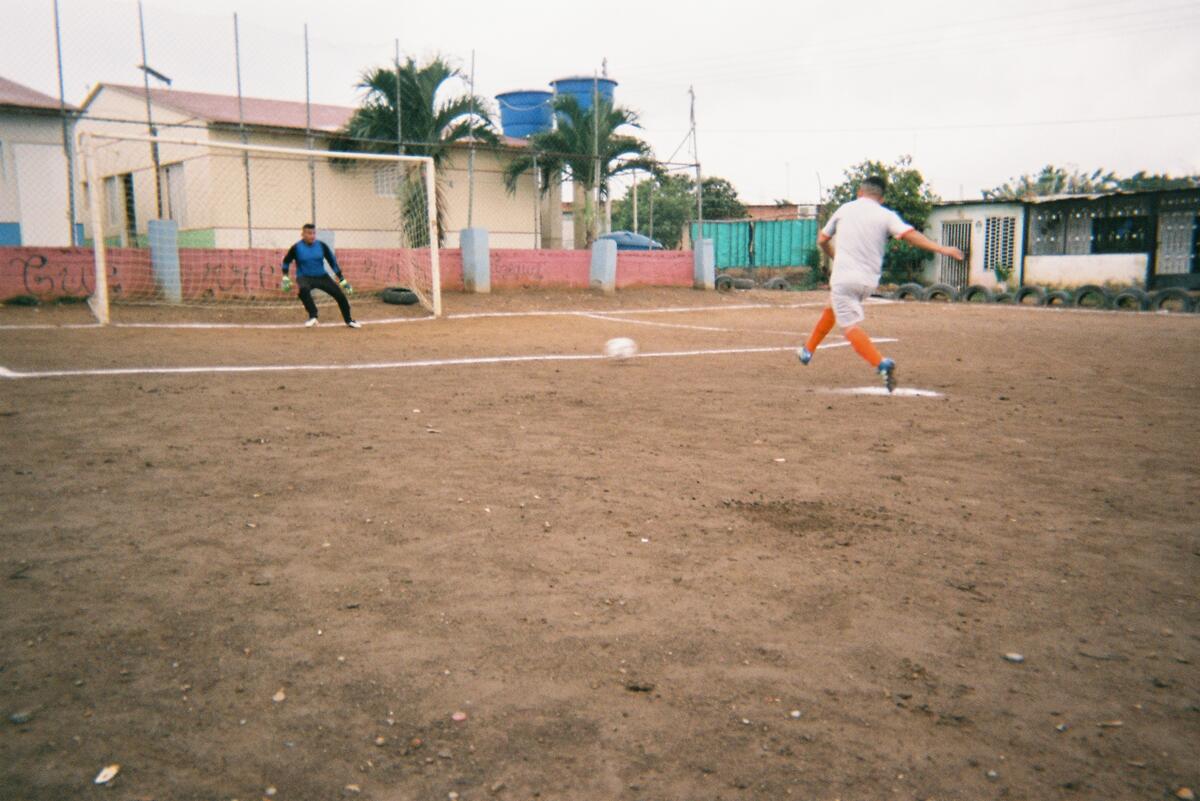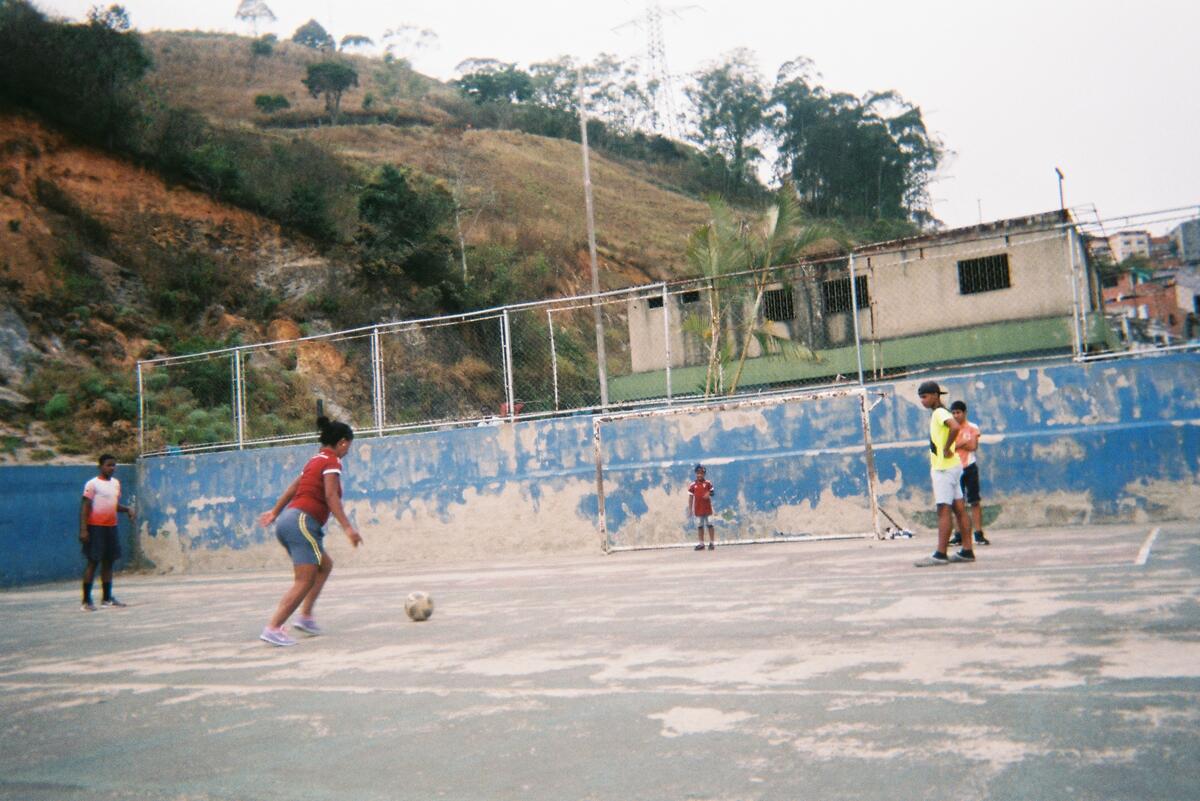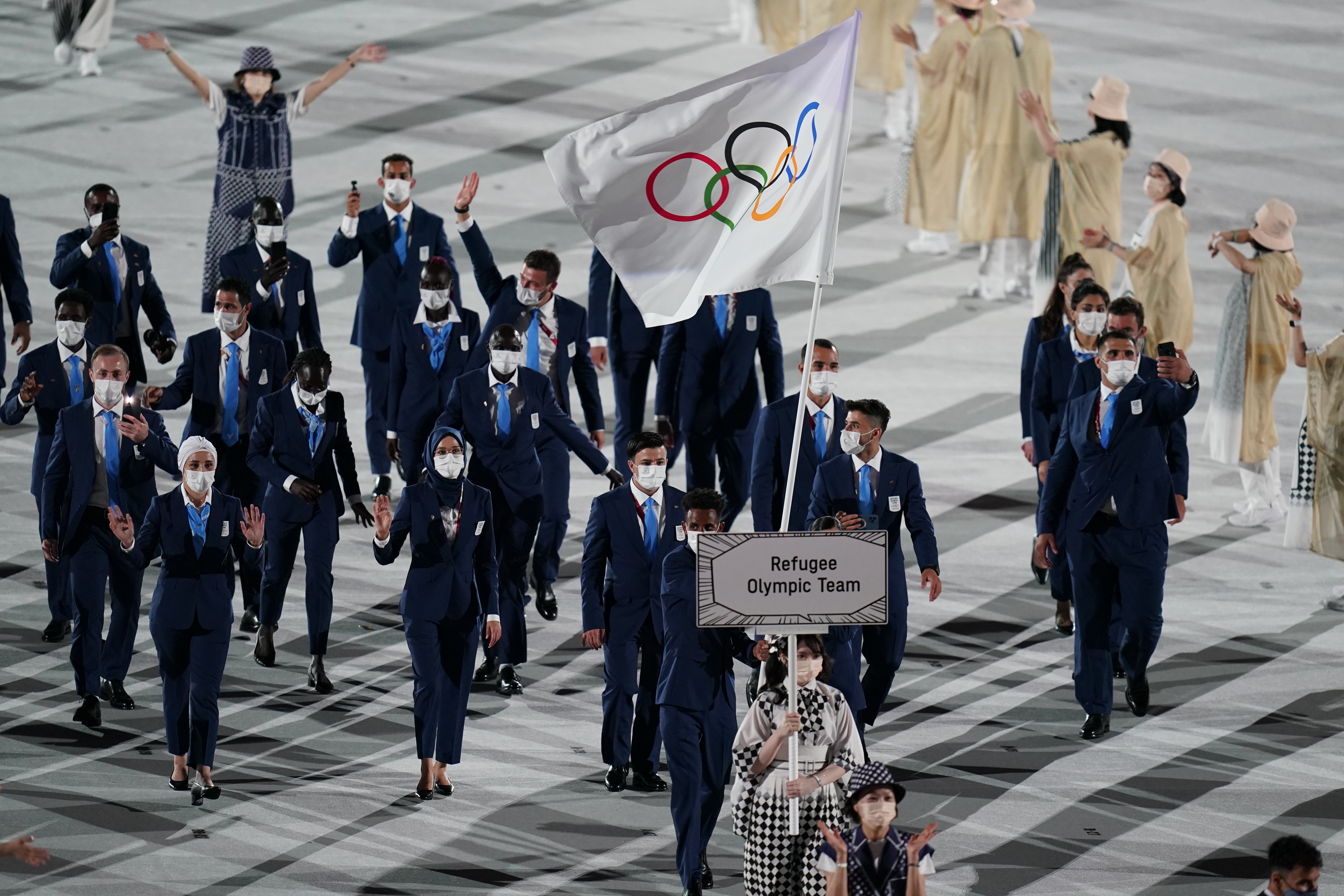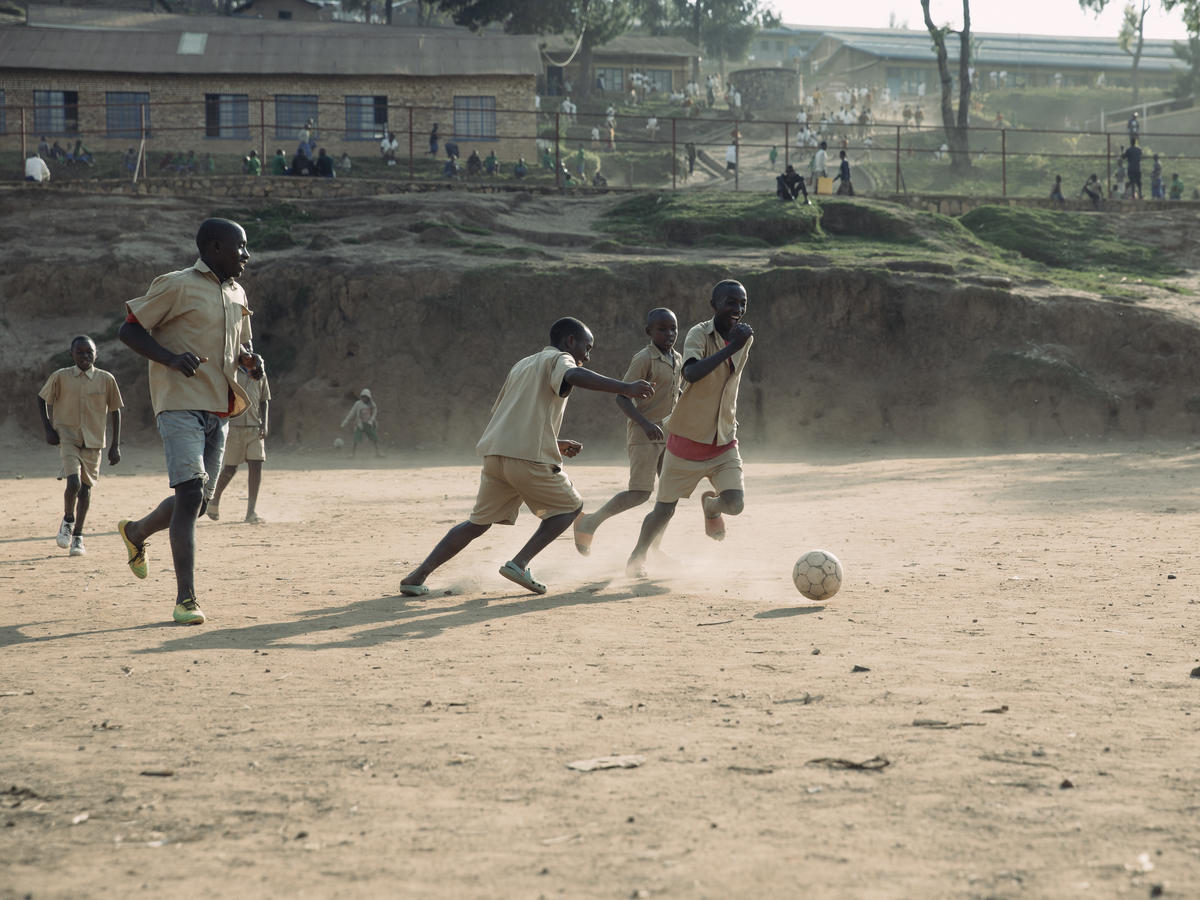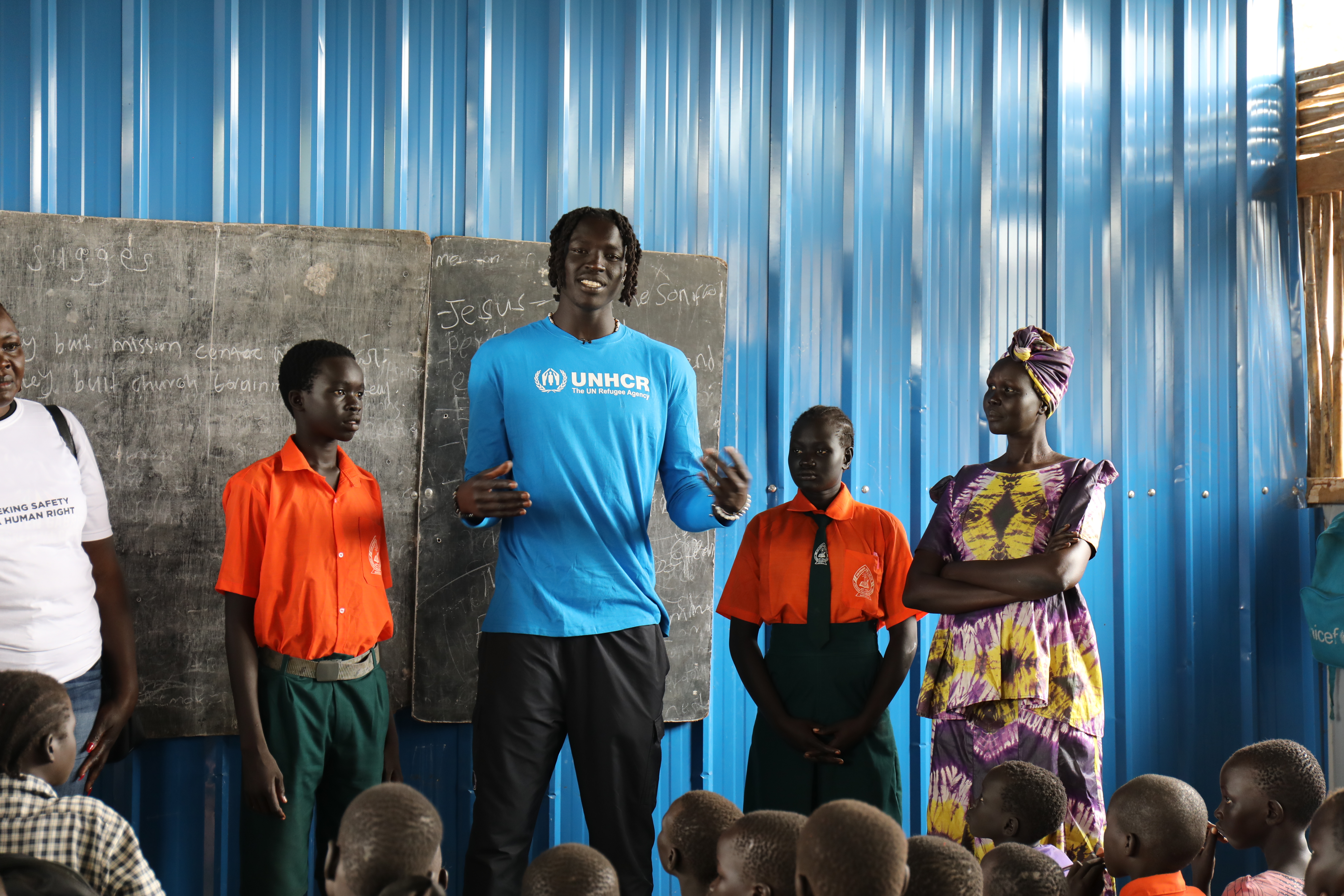Argentinian polo players team up to support refugees
Argentinian polo players team up to support refugees

BUENOS AIRES, Argentina, December 16 (UNHCR) - Every November and December, polo players from all over the world gather in Argentina for the Argentine Open - the top international polo tournament. This year, an unusual event awaited them: "Polo for Human Rights" - a day of friendly matches and Argentinian barbecues on a typical "Estancia," organized to raise awareness and funds for refugee sports and educational programmes.
José Allub, President of Las Pampas Polo - the clothing company which organized the event - said that in Argentina the promotion of human rights tends to be limited to certain sectors of society, and that he was interested in showing that it could be truly universal.
"Part of what I liked is that, as we went about organizing the event, I learnt more about refugees. That's what this is all about - giving those who may not otherwise know about refugees the opportunity to do so," Allub said.
Even though it was an exceptionally cold day for a southern hemisphere summer, with showers in the morning, the players - both male and female - turned up as promised at the event in Lujan, a city close to Buenos Aires that is best known as an annual pilgrimage spot for Roman Catholics.
Belén Monguzzi, aged 28, was one of them. By the end of the day, although tired after her match, she seemed excited to have met some new people. She said that as she travelled a lot, she was aware of the tragedies of refugees and was grateful to be able to contribute her "grain of sand" - especially as the Polo-for-Human-Rights idea had made it possible to do so in such an enjoyable fashion.
Ernesto Trotz, whose successful career included a 10-goal handicap - a distinction all professional players dream of, but few achieve - was the patron of the event, which was linked to International Human Rights Day. He said he was a firm believer in the huge publicity potential of sports activities of this type.
"Thanks to the immense coverage given to athletic activities, and to the will of athletes to contribute to public causes, literally millions of good things can be achieved," he said.
It was in this spirit, that the UN refugee agency's office in Argentina originally launched the sports programme entitled "The World Needs Players" in 2004. The programme was designed to raise awareness and funds for refugees, as well as to facilitate their participation in recreational and athletic activities.
So far, soccer and rugby teams, tennis players and runners have all joined in the effort. This was the first time that polo players have become involved - a potentially significant development for UNHCR, given that the sport draws many of its players and fans from the ranks of the elite.
Another popular initiative linked to the "The World Needs Players" programme, was UNHCR's invitation last year to refugees in Argentina to form a soccer team.
In addition to meeting once a week on a football pitch in Buenos Aires - often alongside local Argentine players - around 45 refugees from some 12 different countries participated in a refugee tournament organized by UNHCR in the Argentinian capital.

Mario Pironi, the agency's consultant and refugee soccer coach believes the tournament helped maintain the refugee players' interest and motivation and says more tournaments are planned for next year.
Las Pampas Polo also has plans for 2006: they include not just repeating "Polo for Human Rights" in Argentina, but also exporting it to Russia and the United States.
By Nazli Zaki in Buenos Aires, Argentina


